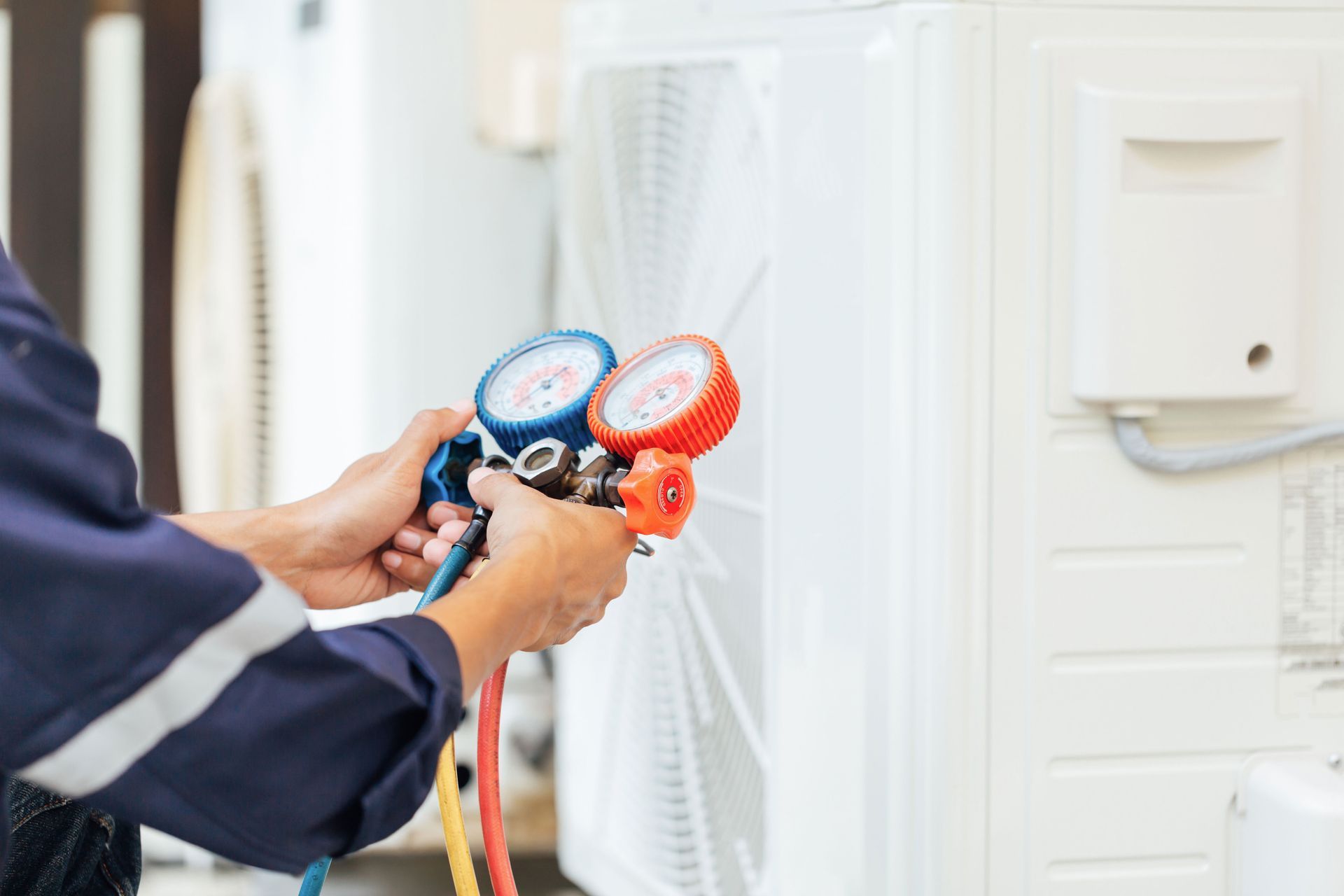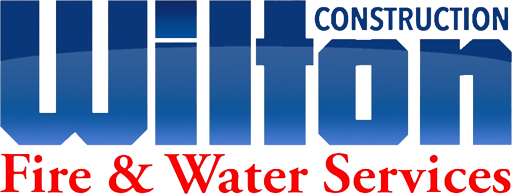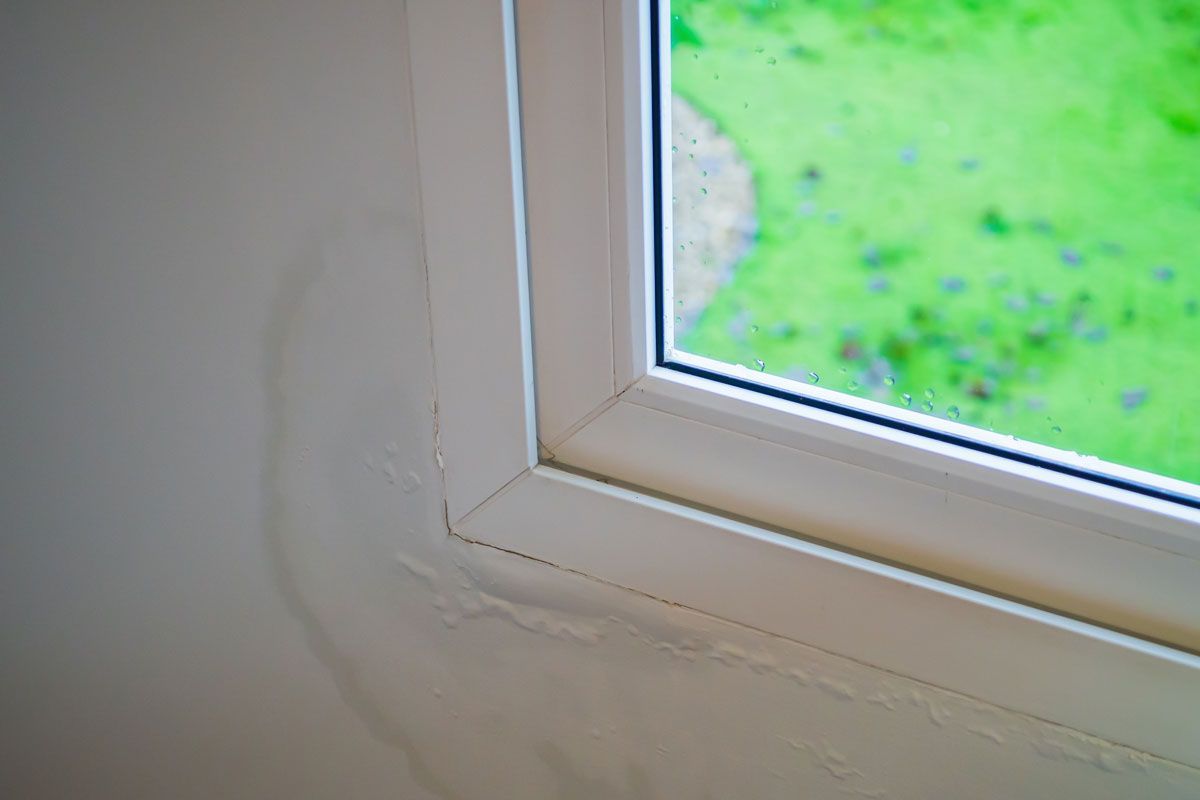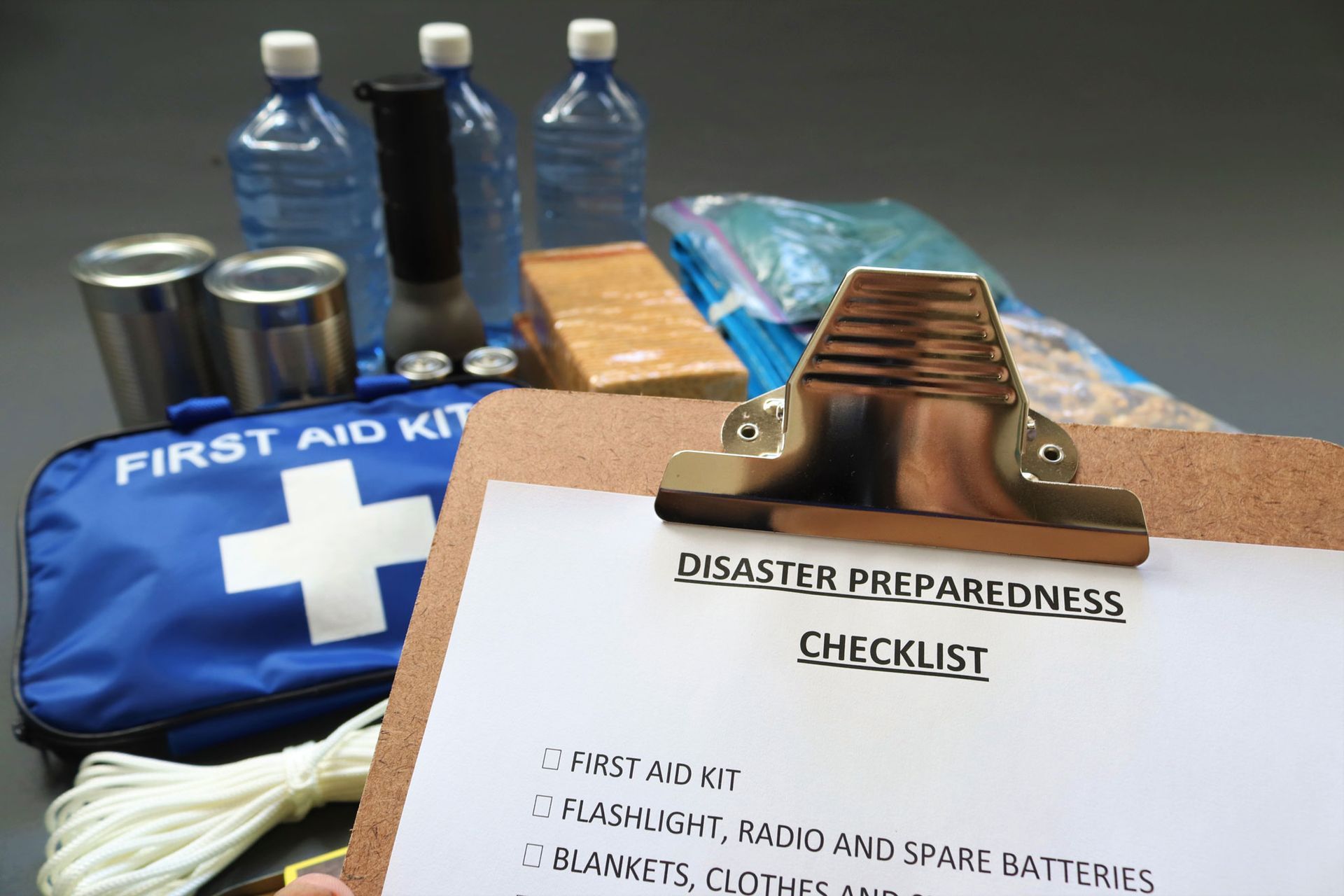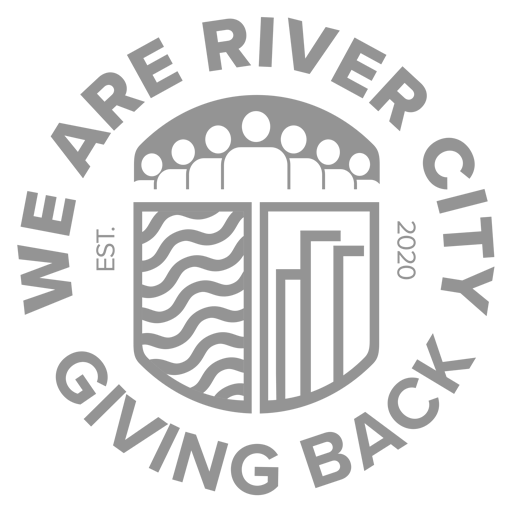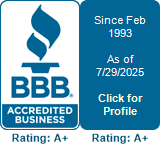Vacation coming up? Don’t Come Back to a Disaster!

Relieve stress and Reduce the Impact of Hurricanes and Floods on Your Property
Mitigation can keep natural hazards, like hurricanes and flooding, from having disastrous impacts. Let’s look at a few tips and tricks for keeping your property safe and mitigating your risk and ease of mind when traveling during hurricane season.
First – KNOW Your Risk Factors!
Before you can mitigate risk, understand what you are protecting your property from. For example, if you live in a hurricane prone area, a flood plain, near an earthquake fault, etc., educate yourself and your loved ones about risk and have an emergency plan in place for when natural disasters occur. In Richmond, we know that multiple areas are prone toward flooding. Lakeside and the bottom are two examples.
Wind / Hurricanes Mitigation
- Before going away in Hurricane season, have your roof inspected! Some roofs are more susceptible to high wind than others. If your roof needs added bracing for reinforcement, it’s better to know that BEFORE you head on vacation! Let’s get a Roofing expert out to ensure all is well for your peace of mind!
- Consider having a roofing contractor install hurricane straps to your roof. Hurricane straps will help your roof stay firmly attached during a strong wind event. This is especially important for our friends living near large bodies of water where wind is particularly strong.
- Have garage doors? Might want to have a contractor reinforce them before you head out, just to make sure they don’t fail under strong winds!
- Before you leave, take a look around your property. Make sure to remove any loose debris like tree branches, roof shingles, furniture, etc.
- Power lines can always be an issue during a hurricane. Make sure you have been following standards about keeping those trees pruned around your power lines!
- If you are in a particularly bad area, might consider putting up hurricane shutters or impact resistant windows.
Flood Mitigation
Have a professional come out and inspect your home if you haven’t had that done recently. They may be able to reassure you that you are not at risk. If you have any vulnerable areas, they may suggest some of the following:
- Raising any mechanical units and electrical systems above the Base Flood Elevation.
- Installing floor vents in garages, foundation walls and other enclosed areas. Floor vents will allow water to drain out.
- Using flood-resistant materials in areas below the Base Flood Elevation to prevent water damage.
- Installing a back-flow valve in your sewer system to prevent sewer backup into your house.
- Adding waterproof veneer to exterior walls to prevent flooding from damaging the lower exterior of your home.
Nothing is worse realizing you have substantial storm damage and didn’t have a comprehensive wind or hurricane insurance in place to cover your property. Before you head on vacation, make a call to your insurance company and verify coverage just in case!
Learn more about our full line of mitigation services:
The post Vacation coming up? Don’t Come Back to a Disaster! appeared first on Wilton Construction.
You might also like
